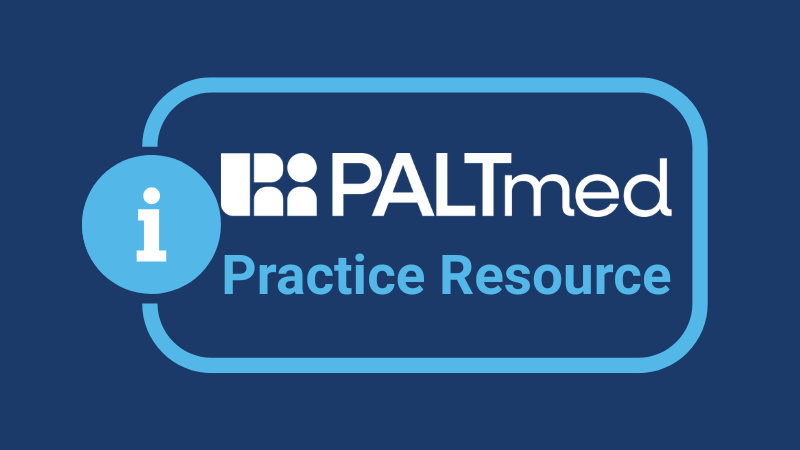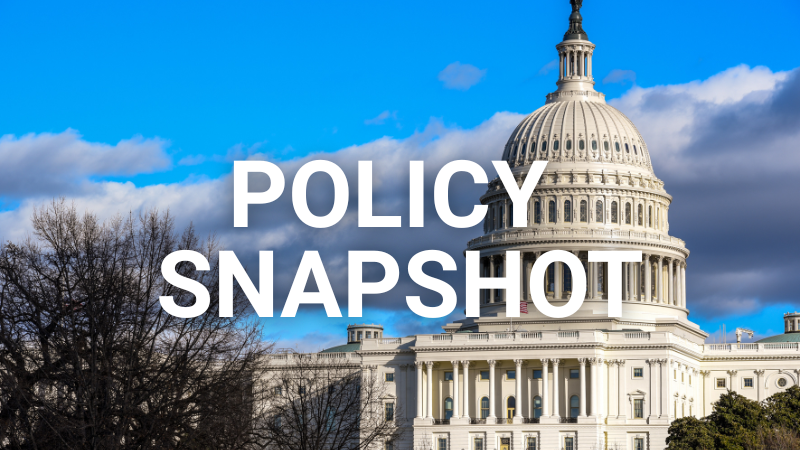July 19, 2023
In recent months, TV commercials touting the danger of Respiratory Syncytial Virus (RSV) for older adults have hit the airwaves. They include ominous music and boldface warnings, and suddenly everyone is thinking about RSV. However, Ghinwa Dumyati, MD, said, “There is no need to spread fear, but everyone does need to be aware and understand the risk to older adults, particularly those with underlying conditions.” Dr. Dumyati is moderating a new AMDA webinar being held this Wednesday, The Unrecognized Burden of RSV in Older Adults, that will give practitioners the information and tools they need to diagnose and manage this virus, as well as have productive, open conversations with their patients and families about preventing RSV.
Despite the recent attention, RSV is far from new. However, Angela Branche, MD, who will speak during the webinar, said, “Only in the last 30 to 40 years have we started to understand the threat RSV poses to older adults.” RSV is associated with morbidity and mortality in older adults with a disease burden comparable to influenza. Advancing age increases susceptibility and mortality to RSV-associated pneumonia, and the presence of underlying comorbidities—such as congestive heart failure and COPD—increases the risk of hospitalization among older adults who develop RSV. Wednesday’s webinar will discuss how to clinically recognize and diagnose RSV in this population.
“Most people have likely been infected and reinfected by RSV throughout their lives, and in young, healthy adults, it just felt like a cold or mild flu. However, as you age and develop chronic medical conditions, it becomes a more serious threat that can lead to hospitalizations or even death,” Dr. Branche noted. “Practitioners need to make patients and families aware of the risk RSV poses,” Dr. Dumyati said.
The good news, said Dr. Branche, is that “we now have two FDA-approved vaccines that are 80% effective or better, and that is amazing.” She added, “We need to help people understand RSV disease and who is at risk, and we need to start having conversations with patients about the benefits of the vaccine.” She noted that these discussions will be important, as “no one wants to have to get three vaccines every winter—for RSV, influenza, and COVID. We must educate people about how these can keep them safe and out of the hospital.”
Dr. Branche added, “There is some vaccine hesitancy in the post-COVID world, which will have some influence. This comes down to patients and families having good conversations with providers they trust. This webinar will help provide participants with tools and information to have these conversations and best protect their patients.” Dr. Dumyati agreed: “Not every person over age 65 is likely to need the vaccine, but we need to be able to discuss the risks and benefits and help them make informed decisions.”
Ultimately, everyone in post-acute and long-term care should have RSV on their radar. “People need to be aware that if someone tests negative for flu or COVID, we need to think about other viruses, including RSV,” said Dr. Dumyati. At the same time, she stressed that it is important to prioritize appropriate infection prevention and control practices. Dr. Branche added, “This program is an opportunity to find out about RSV in the post-COVID world where we understand viruses can cause real damage and learn how you can help your patients stay healthy every winter.”
As always, this webinar is free for AMDA members. Get more information and register for more information or to register.




